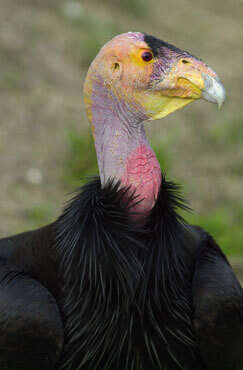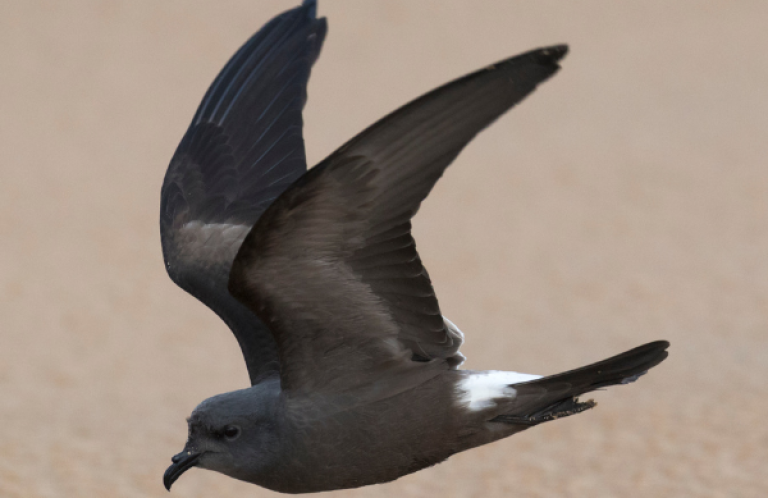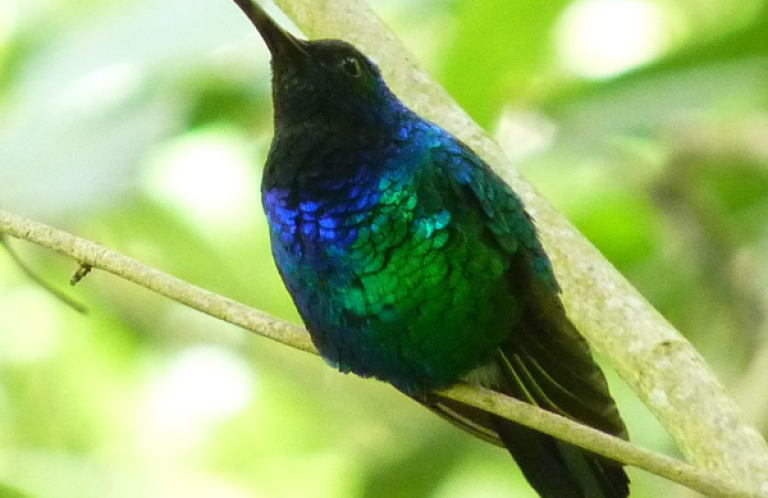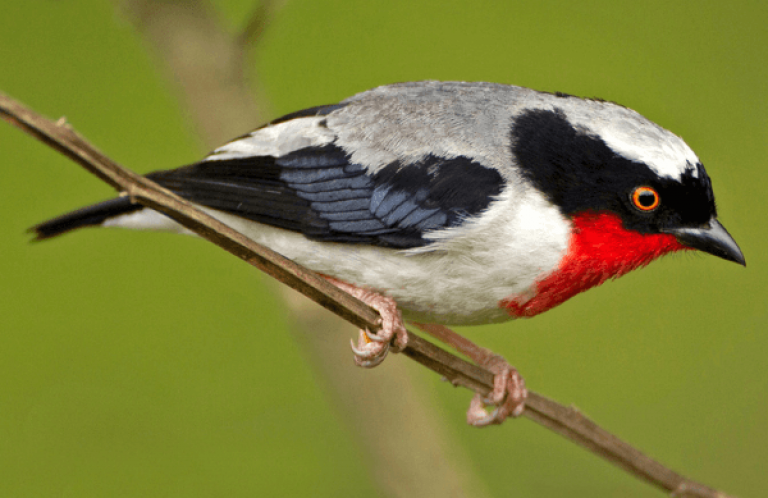EPA Fails to Address Lead Poisoning of Wildlife, Then Announces Lead Poisoning Prevention Week
For Immediate Release Contact:
, 202-234-7181 ext.210
 |
California Condor. Photo: USFWS |
(Washington, D.C.,
“If there was a prize offered somewhere for the most unabashed, ironic event of the year, this would have to be the winner. EPA has chosen to ignore the unregulated pumping of lead into the environment for sport in the face of mountains of scientific data that say we are poisoning millions of birds each year, and now is asking us to be mindful of the poisonous impacts of lead,” said Darin Schroeder, Vice President of Conservation Advocacy for American Bird Conservancy.
On Aug. 3, American Bird Conservancy, the Center for Biological Diversity, Association of Avian Veterinarians, Public Employees for Environmental Responsibility, and the hunters’ group Project Gutpile petitioned the EPA to ban lead in bullets and shot for hunting, as well as fishing tackle. The petition referenced nearly 500 peer-reviewed scientific papers illustrating the widespread dangers of lead ammunition and fishing tackle. While the EPA is still considering the petition’s request for the regulation of lead fishing tackle, it denied the petition’s request regarding lead ammunition on the grounds that the Toxic Substances Control Act contains a specific exemption for lead ammunition.
“EPA clearly is not ‘walking the talk.’ They either purposefully misunderstood or failed to read the applicable laws in their rush to dismiss the hunting ammunition portion of our complaint. Their authority to regulate lead in hunting ammunition is abundantly clear from the most cursory reading of the legislative history of TSCA,” said Schroeder.
The legislative history of TSCA states: “……. the Committee does not exclude from regulation under the bill chemical components of ammunition which could be hazardous because of their chemical properties.”
EPA is recognizing National Lead Poisoning Prevention Week, October 24–30, 2010, to raise awareness of lead poisoning in children. Even low levels of child exposure to lead can cause a host of developmental effects such as learning disabilities, decreased intelligence, and language and behavioral problems, which can affect children for a lifetime.
“The safety of our children is of the utmost importance, but the name Environmental Protection Agency ought to have meaning beyond human health. Impacts of contaminants such as lead should be considered across the entire spectrum of the environment including human health and wildlife health. The EPA is showing their true colors by shirking their responsibility towards the broader environment, a shortsighted policy that does nothing to benefit us in the long run,” Schroeder said.
Lead is dangerous to wildlife even at low levels. Exposure can cause a range of health effects, from acute poisoning and death to long-term problems such as reduced reproduction, inhibition of growth, and neurological damage.
Animals are poisoned when they scavenge on carcasses shot and contaminated with lead bullet fragments, or when they pick up and eat spent lead shot pellets or lost fishing weights, mistaking them for food or grit. Some animals die a painful death from lead poisoning, while others suffer for years from its debilitating effects.
“To allow the continued, brutal poisoning of 75 different species of birds, including California Condors, Golden Eagles, and our national symbol, the Bald Eagle, is a national disgrace. The science is overwhelming,” Schroeder added.
Since the EPA’s denial of the petition on August 26, the Center for Biological Diversity has filed a Freedom of Information Act request to obtain copies of all documents and materials related to the EPA decision. In addition, ABC has requested a meeting with EPA Assistant Administrator Steve Owens, in the hopes of receiving an explanation for the basis for the Agency’s sudden and remarkable decision.
There are presently over a dozen manufacturers of non-lead ammunition that has performance and ballistic characteristics equal to or better than their lead counterparts. Though somewhat more expensive at this time when usage is not high, pricing of this ammunition would be expected to drop significantly, as demand increases following a national lead ban.
American Bird Conservancy conserves native birds and their habitats throughout the Americas by safeguarding the rarest species, protecting and restoring habitats, and reducing threats while building capacity of the bird conservation movement. For more information, visit, www.abcbirds.org
At the Center for Biological Diversity, we believe that the welfare of human beings is deeply linked to nature — to the existence in our world of a vast diversity of wild plants and animals. Because diversity has intrinsic value, and because its loss impoverishes society, we work to secure a future for all species, great and small, hovering on the brink of extinction. We do so through science, law, and creative media, with a focus on protecting the lands, waters, and climate that species need to survive. We want those who come after us to inherit a world where the wild is still alive.


















































